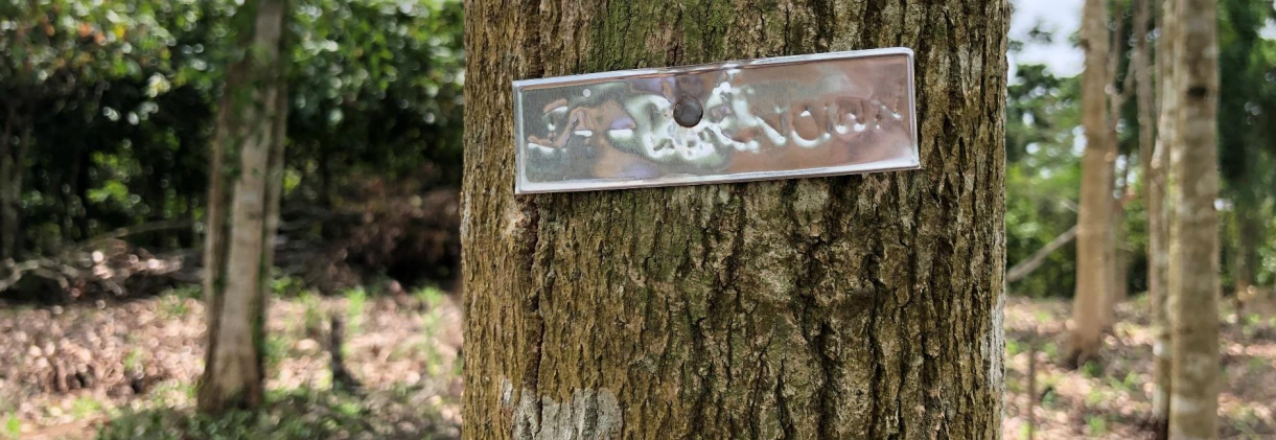Executive Summary
Government ownership and control of all “naturally occurring” timber trees on public and private land in Ghana is a contributing factor to illegal deforestation and a challenge to planting trees. Continued deforestation and reduced tree planting makes it harder for Ghana to meet its climate targets under the Paris Agreement to generate 23.5 million emission reductions from “gender-responsive sustainable forest management” between 2020 – 2030, which is expected to require $392 million in funding (MESTI, 2021). This assessment, prepared as a part of the USAID Integrated Land Resources and Governance (ILRG) program’s Supporting Deforestation-Free Cocoa in Ghana activity, reviews the economic impact of a proposed tree tenure policy reform in Ghana that transfers full ownership of all trees to farmers and landowners. The audience for this assessment is the Forestry Commission (FC) and other stakeholders in the forest sector in Ghana.


